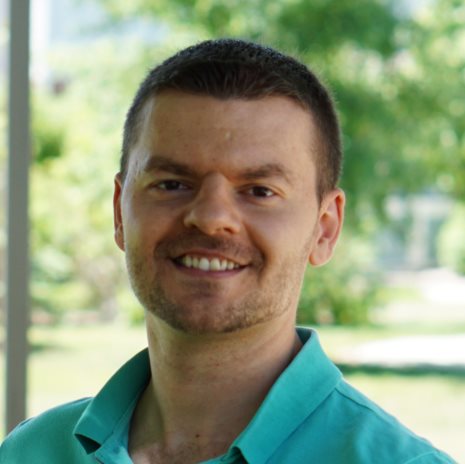Bottom Line — If you give yourself 3 weeks to do a project, you’ll start it on the last day and finish it in a few hours. That’s Parkinson’s Law.

You get two weeks to do a project in college. You tell yourself, sure, I’ll get it done real soon. Of course you won’t start doing it today as you have life to juggle but you’ll get to it real soon. About 3 days before it is due, anxiety slowly creeps in. You feel the heaviness in your stomach but try to ignore it. With 2 days left, you can’t take the pressure anymore and overdrive kicks in. Your focus is laser sharp. You work furiously, and finish the damn thing in 6 hours.

You just finished and feel really great about yourself. You can’t help but ask: Why didn’t I do this project when it was assigned two weeks ago and skip the anxiety all together?
Apparently, the answer was in Parkinson’s law. Parkinson’s Law was a term coined by a British naval historian Cyril Northcote Parkinson. Parkinson’s law states:
Work expands so as to fill the time available for its completion.
It means if you give yourself a time limit of 2 weeks to do something, work will seem to expand in complexity in order to fill that entire two weeks full of anxiety until you finally complete it. It’s purely a psychological effect.
The reverse of the law does not work: Work will not shrink to a shorter time period than is realistically possible. If the job takes 20 hours to finish at full efficiency, you won’t finish it in 2 hours.
What can we take away from this? Humans need imposed time limits. Set yourself a deadline that’s closer than than the original one. We get comfortable with long periods and without urgency. When you think something is tough, most of the time, it’s in your head. That week long project will probably take you a couple hours to do realistically if you impose an artificial deadline.
